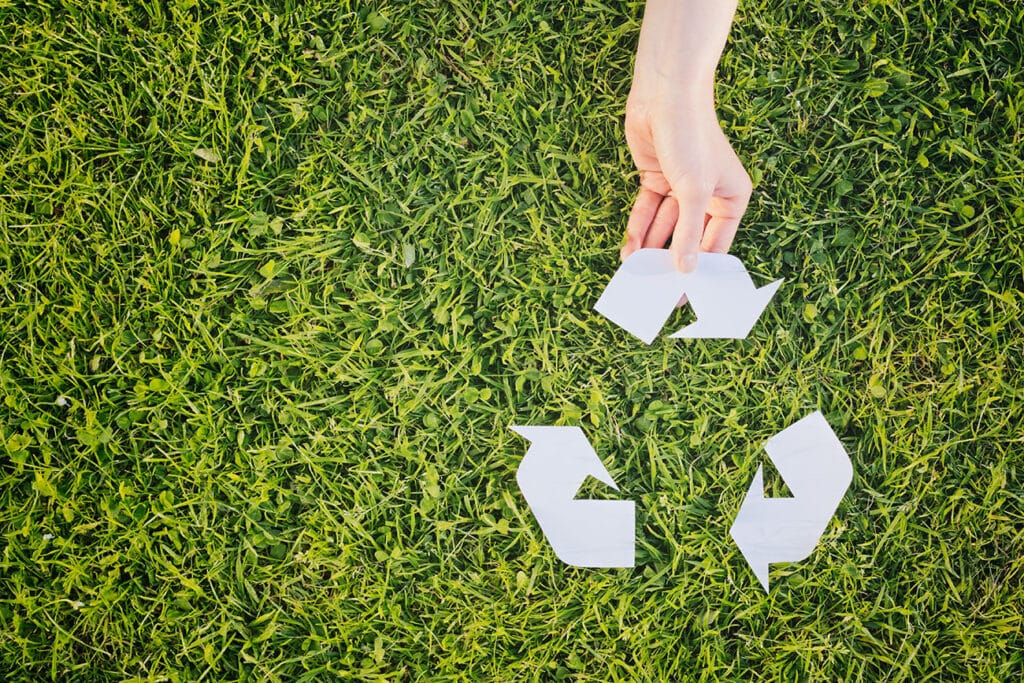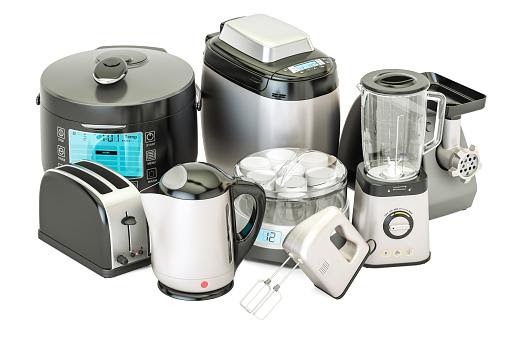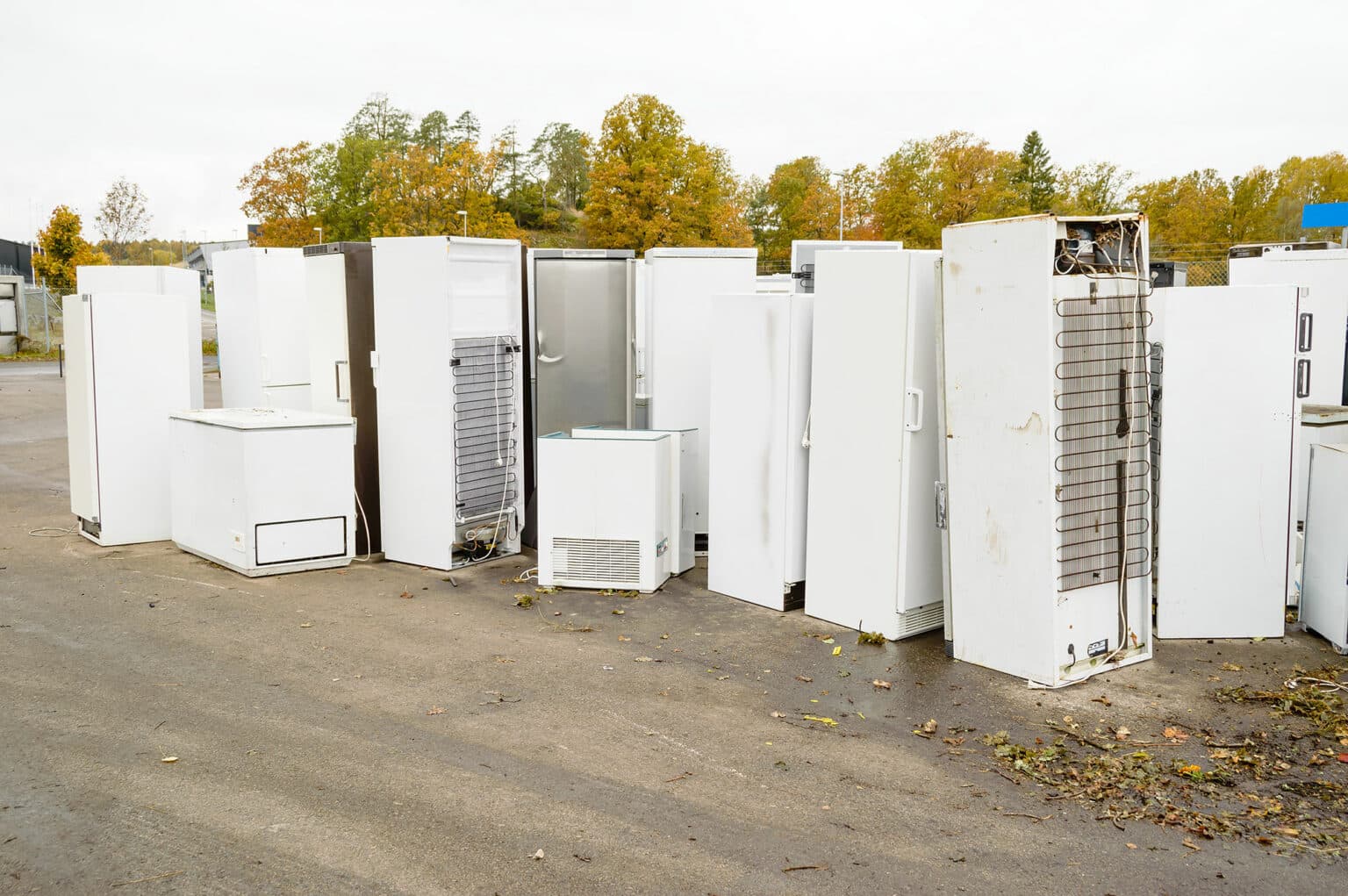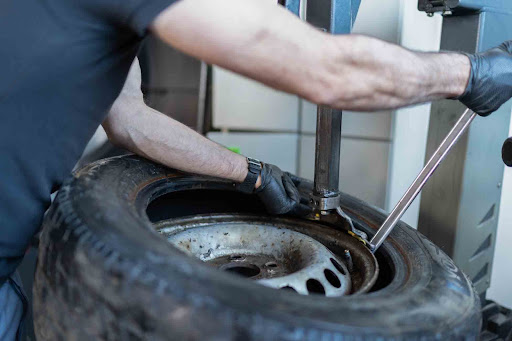At Cohen, if it’s made of mostly metal, takes batteries, or plugs in, we can most likely recycle it. However, there are exceptions and restrictions to this rule of thumb, and there are items and materials that can be recycled, just not at Cohen. Wondering where to recycle everything else? Keep reading.
COHEN IS YOUR SOLUTION FOR RECYCLING ALL KINDS OF METAL.
And all kinds of things that contain metal, including cars and electronics. We’ve been in the metal recycling business since 1924 and have built our business on ferrous and non-ferrous materials. Cohen does not buy or sell other materials commonly thought of as recyclable, such as plastic, paper, cardboard, or textiles.
SOME RESTRICTIONS ARE FOR SAFETY AND SECURITY.
Cohen’s safety motto is “Work Safely, or Not at All.” We turn away items that could cause a hazard at our facility or to our employees, including paint cans, oil containers, light bulbs, ammunition, containers under pressure (such as propane tanks and kegs), and radioactive material.
Other items and materials may be accepted at the yard manager’s discretion, and may require proof of ownership. Those would include things like engraved plaques, shopping carts, business equipment, burnt wire, street signs, and historical or commemorative artifacts. Cohen takes metal theft seriously and reserves the right to not buy scrap that is suspected to have been stolen.
CURBSIDE RECYCLING PROGRAMS CAN’T TAKE EVERYTHING, EITHER.
Municipal recycling programs, which often collect material at residents’ curbs or public drop-off points, are facing an unprecedented squeeze. Until 2018, China was the largest buyer of global waste, but a change in policy dramatically tightened the criteria for what China would import, and U.S. programs were hit hard by the new restrictions. In response, many recycling programs had to change or limit the items they accept so they could still sell that material back into the manufacturing supply chain. This has caused confusion for longtime recyclers who are used to being able to toss recyclables of all kinds into one bin without having to closely check each item. (If you haven’t brushed up on your local guidelines yet, it’s never a bad time to review and make sure you’re recycling effectively.)
SO WHERE DO YOU GO WITH EVERYTHING ELSE?
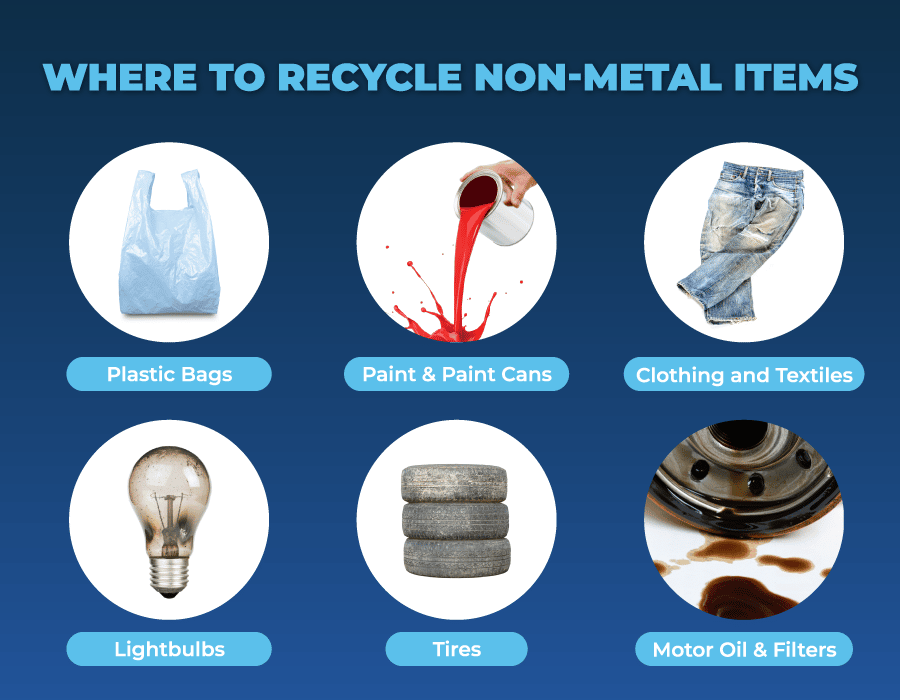
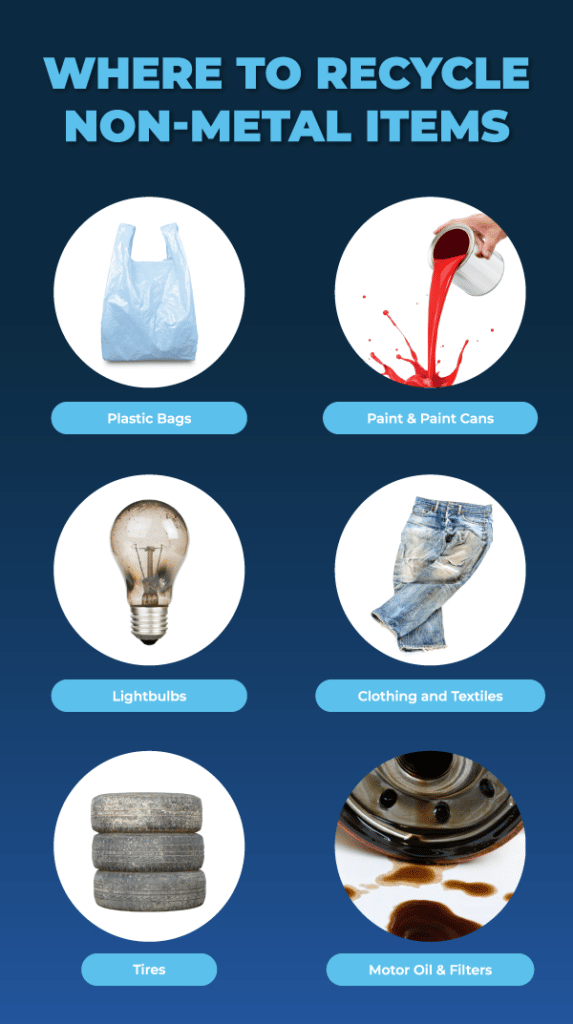
First, whatever your item is, ask yourself if it is truly at the end of its useful life. Can it be repaired or restored? Sold or donated? Used for parts? The longer that any item stays in use, the less wasteful it becomes, even if it does eventually meet its end. With a little creativity, many things can be upcycled to give them new life. Old vinyl records are nearly impossible to recycle, but make snazzy clocks.
If it really is time to say goodbye, there are a number of alternatives to curbside and scrap recycling. Not all of them are as easy as tossing a can in a bin or rolling through one of our drive-thru’s, but with a little effort, could become part of your recycling routine.
Disclaimer: The information in this article was confirmed at the time of publication, but recycling programs and opportunities change frequently. Please check each solution or service provider prior to bringing in your items.
WHERE TO RECYCLE PLASTIC BAGS AND PLASTIC FILM
Plastic bags are about as welcome at recycling centers as ants at a picnic. Recycling centers employ a lot of machinery to properly sort and process different materials. Lightweight, stretchy plastic film can easily get snagged and tangled in that equipment, bringing the whole production line to a halt until they can be removed. At many recycling plants, this happens several times a day and can be very costly.
Many major retailers, including Kroger, Walmart, and Target, provide recycling drop-off points for plastic bags near their entrances. They may also accept other kinds of plastic films, like plastic wrap, produce bags, and sandwich baggies. Make sure your items are clean, dry, and have no non-plastics in them, and use the Plastic Film Recycling directory to find your nearest drop-off.
Better yet, consider breaking up with single-use plastic bags for good, and opting for reusable or paper bags instead
WHERE TO RECYCLE PAINT AND PAINT CANS
Latex paints are not considered hazardous, so try to reuse, store or recycle the paint and paint cans first. On the other hand, oil-based paints are considered hazardous and can be properly disposed of at most local hazardous waste facilities. (It is unlikely that the paint or containers can be recycled, but you still want to make sure they’re handled responsibly and kept out of landfills.)
Check out PaintCare’s locator to find a paint drop-off location or hazardous waste facility near you. You might also try calling your local Solid Waste authority for their recommendations.
PLASTIC CLAMSHELL CONTAINERS: CURRENTLY NOT RECYCLABLE
These containers, which are commonly used for berries, salads, and carry-out containers, are mainly made from a specific kind of No. 1 plastic known as Thermoform and are rarely accepted by curbside recycling programs. Plastic clamshells need to be heated at a different temperature than other No. 1 plastics, such as water bottles, so it’s crucial that they be kept separate from the general recycling stream.
Unfortunately, there is little to no secondhand market for this kind of plastic in North America, and we could not find any local options while researching this article. If you can’t reduce or eliminate your use of single-use clamshells, please throw them away instead of mixing them in with your regular recycling. With any luck, this kind of plastic can either be phased out, or a new purpose found for its continued use.
WHERE TO RECYCLE CLOTHING AND TEXTILES
The fashion industry has been under increasing pressure to confront the reality of the waste it creates. Some retailers are responding by offering take-back and recycling programs that allow customers to drop off textiles, clothing and even shoes. Stores like North Face, H&M and Nike all have similar programs for these unwanted / unneeded items. Make sure to call your local store to confirm the details of their program. To find a clothing recycling drop-off location near you, check out Earth911’s Recycling Locator.
WHERE TO RECYCLE LIGHT BULBS
Light bulbs are fragile and difficult to store and ship in bulk, and some contain hazardous mercury, making them unattractive to many conventional recyclers. Retailers like Home Depot, Ikea and Batteries + Bulbs accept light bulbs for recycling. These places normally have a drop-off bin at their retail locations specifically for light bulbs. Make sure to check beforehand with your local store on their recycling guidelines and requirements for light bulbs.
WHERE TO RECYCLE TIRES
Tire dumping is a huge issue that states and municipalities are cracking down on and punishing with fines and jail time. Good thing you have other options! Tire Discounters and Walmart Tire & Lube locations will take back tires for a small fee per tire (call ahead to your local store to check availability and requirements). Junk hauling services like Junk King may also be able to take your tires for a fee.
Residents that live in the City of Cincinnati and have City of Cincinnati trash & recycling can use the 5916000.com website or the Fix it Cincy! App or call 513-591-6000 to schedule a pick-up of up to four used tires for no fee. Non-Cincinnati residents may call Rumpke or your local waste management authority to inquire about tire disposal.
WHERE TO RECYCLE MOTOR OIL AND FILTERS
Motor oil is banned from landfills in 38 states and the District of Columbia, and is exempted from other hazardous household waste (HHW) regulations, making it easier for consumers to find opportunities to recycle it.
Most retailers that sell motor oil, including Advance Auto, AutoZone, O’Reilly Auto and Walmart Tire & Lube Express, will accept motor oil for recycling, though usually not more than 5 gallons at a time. Do not mix in other car fluids like antifreeze or brake fluid, and use a container with a top that seals. Use Earth911’s oil recycling locator to find your nearest collection point.

